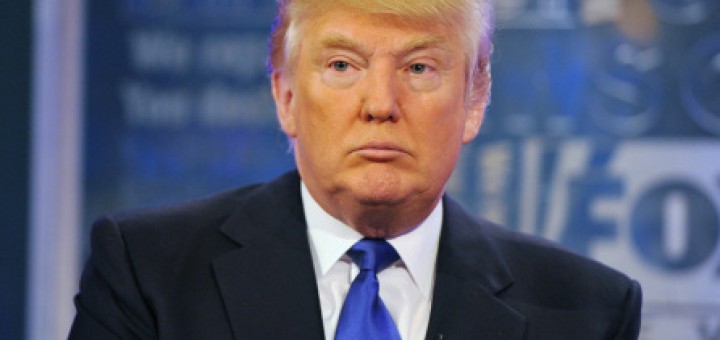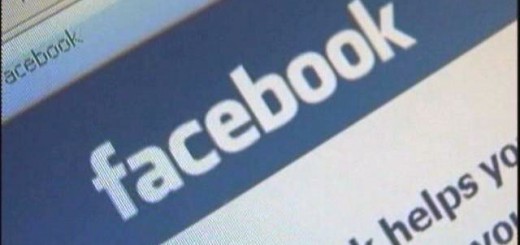Convincing victories by political outsiders in New Hampshire Tuesday night demonstrates, without doubt, that most voters are disgusted with both political parties. The electorate will probably make one of them—more likely Donald Trump—the next commander in chief.
Since 1976, just one candidate from either party has not won in both Iowa and New Hampshire (Bill Clinton in 1992) and still won his party’s nomination. While history clearly is not determinative, it can hardly be ignored.
On the Republican side, Trump won by a compelling margin in the Granite State over Iowa winner Ted Cruz—36 to 12 percent—because he did well among both moderates and conservatives and most age categories, except the elderly.
Trump’s diverse appeal among Republicans and independents will be tough for Ted Cruz—who relies principally on religious conservatives and with Rand Paul’s departure, libertarians—to counter beyond southern states. Perhaps not even those places—he is polling a bad second to Trump in South Carolina.
As for the very moderate Ohio Governor Kasich—endorsed in New Hampshire by both the New York Times and Boston Globe—he devoted enormous resources to that small state. With Governor Bush and Senator Rubio still in the mix, he won’t have the money to mount a successful southern strategy but could do decently enough in many of the 16 states holding contests on or before March 1 to become a king maker.
With five reasonably viable Republican candidates—Trump, Cruz, Kasich, Bush, and Rubio—and a few stubborn stragglers all winning some delegates, it will be tough for Trump to gather enough delegates before the national convention to lock up the nomination.
The most logical target for one of Trump’s famous deals is Kasich, who, unless he trips, should have a nice bundle of delegates to bargain with.
Kasich, like Trump, is not an ideology-pure conservative—at least as measured by those who impose a litmus test, such as the National Review. Rather both are malleable personalities interested in workable solutions—for example, instead of denying poor folks health care for partisan reasons, the governor implemented the Medicaid provisions of the Affordable Care Act expansion in Ohio.
By offering Kasich the second spot on the ticket, Trump would show voters he is serious about finding help from seasoned politicians to deliver on trade, immigration, health care, and national security. On that score, if you can name a more solid candidate, then you can have my academic tenure.
Meanwhile, Bernie Sanders whipped Hillary Clinton across all demographic categories, including women, except voters over 65 in New Hampshire, but she still has a commanding hold on minority voters who are much more important in Democratic primaries elsewhere going forward.
To ultimately prevail, she will have to continue to emphasize positions that younger women embrace—such as the proposed Paycheck Fairness Act—and issues important to African-Americans and Hispanics: police behavior and social issues beyond simple economic justice.
That should be enough to ward off Sanders and win the Democratic nomination but will push her into an awkward position for the general election.
Criticizing police tactics to adequately appease Black Lives Matters will alienate many white moderates. The notion that Hillary merits women’s votes simply because she is a woman was roundly discredited in New Hampshire.
Young white women, along with white young men, often can’t find jobs that make good use of their education or pay very well. And Democratic prescriptions like more taxes, further building out ObamaCare, free trade and open immigration will not have the appeal of radical change offered by Trump.
If Trump moderates his rhetoric and, with the help of Kasich, polishes his pragmatism on taxes, health care, immigration, and national security, he offers both sexes what they want most—a change in direction from the slow growth policies of Presidents Obama and Bush and the promise of a more effective national security policy.
Enter President Trump.
Peter Morici served as Chief Economist at the U.S. International Trade Commission from 1993 to 1995. He is an economist and professor at the Smith School of Business, University of Maryland, and a widely published columnist. He is the five time winner of the MarketWatch best forecaster award. Follow him on Twitter @PMorici1.














Recent Comments